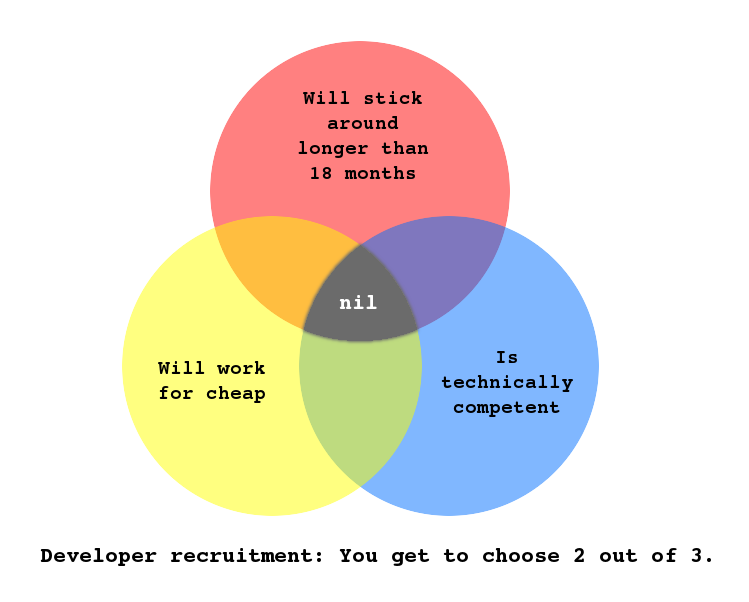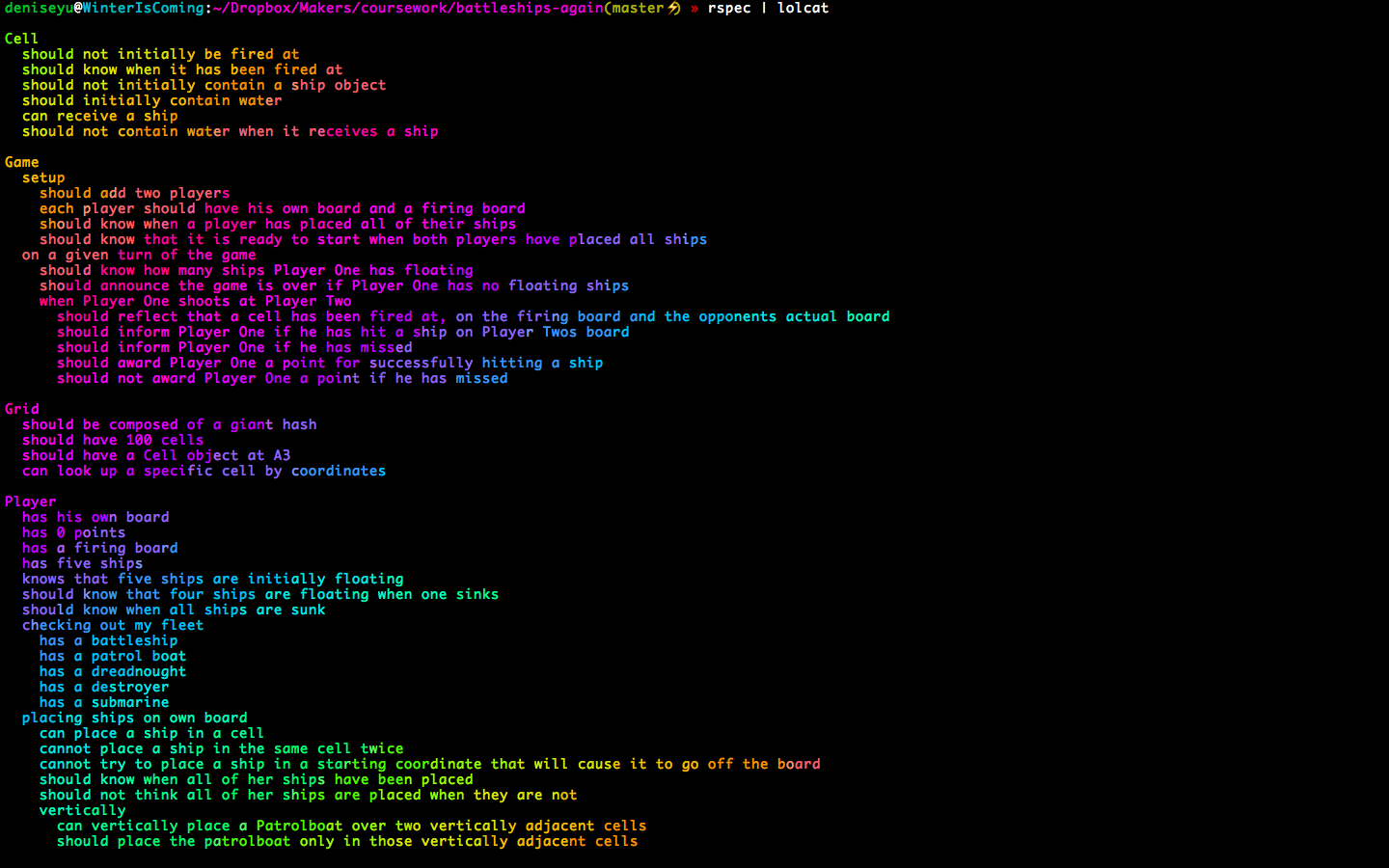Update On January 15, my grandmother passed away peacefully in our family home in Xiamen, China. She was surrounded by her husband, her younger sister, her son and daughter, and grandson. While she was still lucid, in early December I was able to fly out to China and see her for a final time. Thank you to everyone who reached out to me after I published this post. The outpouring of support meant so much to me and my family – thank you.
I’m in a remarkably fortunate minority of people who have never had to deal with the loss of a close family member. I still have both parents, all my uncles and aunts and cousins, and all four grandparents. Plus, my mother remarried during my sophomore year of...


